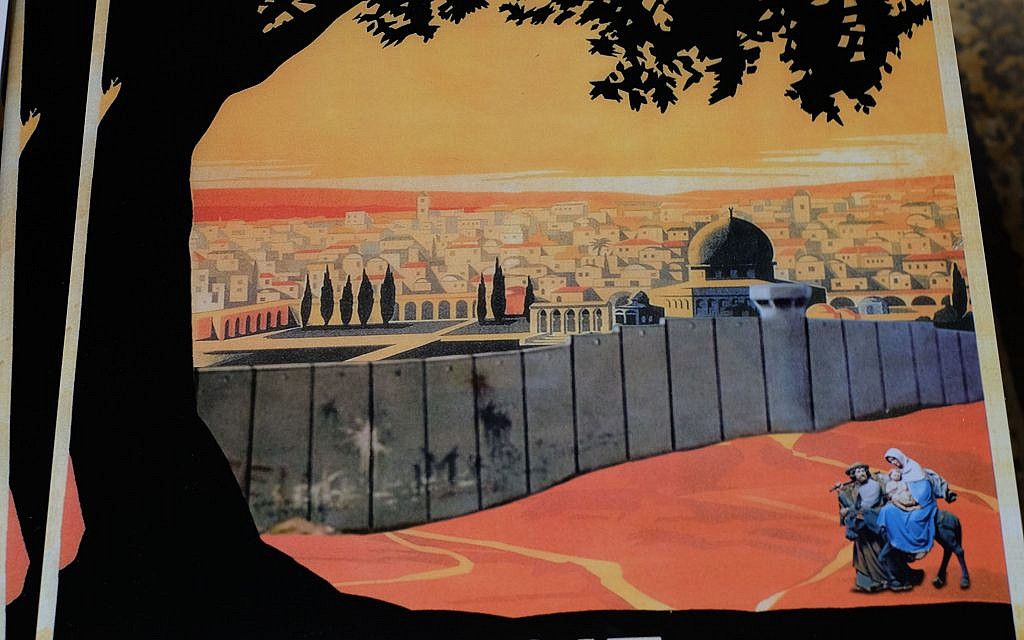Each week we let Saint Pope John Paul II share meaningful signposts to spark socio-economic resolves through justice and righteousness combined with mercy and compassion; in short, love
“Blessed are the poor in spirit…“ (Matthew 5: 3)
The Vatican, 11 June 2003 | I warmly hope that tourism [breaking through walls] will always be an effective means of alleviating poverty, fostering individuals and peoples’ personal and social growth, and consolidating participation and cooperation among nations, cultures, and religions.
We cannot withdraw into our selfish interests, abandoning countless brothers and sisters to a wretched plight, and even worse, leaving many of them to meet with a relentless death.
It is vital to find satisfactory economic, financial, technical, and political solutions, making use of the creative capacity and generosity that humanity has at its disposal, to put an end to this social and moral scourge.
However, “it should not be forgotten that all these measures would be insufficient if authentic ethical and spiritual values did not inspire them” (Address to the Ambassador of Bolivia, n. 3; ORE, 8 June 2000, p. 4).
Tourism [exploring new ground, tearing down walls] should be considered an extraordinary expression of social life with economic, financial, and cultural implications and consequences crucial to individuals and peoples. Its direct relationship with the person’s integral development must orient its service to building a civilization in the most authentic and complete sense, a civilization of love (cf. Sollicitudo Rei Socialis, n. 33).
Travelling provides an opportunity to become acquainted with different places and situations and realize the gap between rich and developing countries. The journey is always an encounter with different persons and cultures. Everywhere, the visitor can hardly avoid coming into contact with the painful reality of poverty and hunger. In this case, people must not only resist the temptation to retreat into a sort of “happy cocoon,” distancing themselves from the social context.
May their visit be an opportunity for dialogue among persons of equal dignity.
May it generate a greater knowledge of the local inhabitants, history, and culture.
May it prompt sincere openness to an understanding of others expressed in concrete gestures of solidarity.
_________________________
Editor’s note: In Israel-Palestine, the need, want, and interest to move freely is the elephant in the room.
Walls lock-in, too.
Extreme isolation means eventual national death in the modern world. Even now, Israel is connected to its Western lifeline only by way of the political influence of pro-Zionist lobbies in the diaspora.
That influence is eroding primarily due to the racist behavior of successive Israeli governments. It is a no-win game for the Zionists, but they cannot see it through their myth-inspired blinkers.
As it turns out, the most potent wall the Zionists have built is that which holds up the myth of who they are supposed to be. To the religious-nationalists and the secular-nationalists, the wall aims to fence the non-Jews out.
However, until the world shouts, “tear down that wall,” the barrier continues to lock in the Jews inside their fortress.
van Kempen, Abraham A. Christian Zionism … Enraptured Around a Golden Calf – 2nd Edition: Evangelicals Rediscovering New Testament Revelations (p. 163). Fast Pencil Publishing. Kindle Edition.
_________________________
Saint Pope John Paul II continues: We must ensure that the achievement of well-being for a few privileged individuals is never to the detriment of the quality of life of many others. Here can be applied what I wrote in a more general sense in my Encyclical Sollicitudo Rei Socialis on economic relations:
“One must denounce the existence of economic, financial and social mechanisms which, although people manipulate them, often function almost automatically, thus accentuating the situation of wealth for some and poverty for the rest… Later on, these mechanisms will have to be subjected to a careful analysis under the ethical-moral aspect” (n. 16).
This solidarity is expressed in respect for the personal dignity of the local people, their culture and customs, and a willingness to get to know them through dialogue aimed at promoting the integral development of each one. This attitude becomes yet more demanding on a tourist trip; the more tangible the differences in civilization, culture, social conditions, and religion become.
Remain sensitive to those who suffer because of poverty, injustice, war, and discrimination. I cordially bless you all.
Excerpted from:


Recent Comments